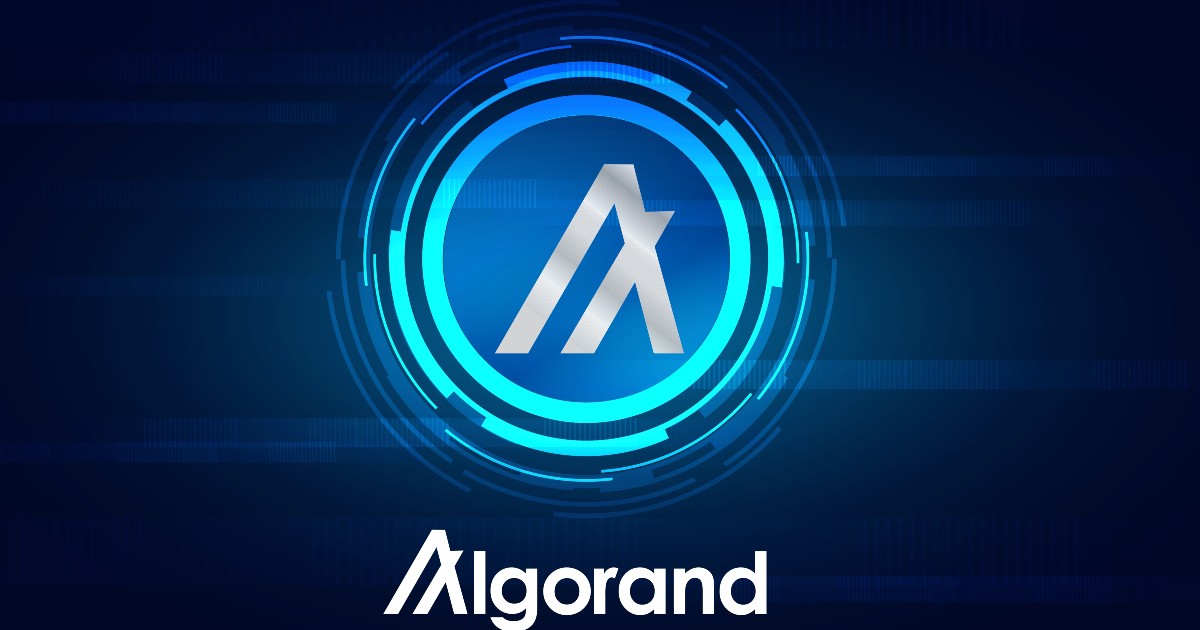Algorand Wallets Hacked Again

Algorand-based wallets have been hit by security breaches in recent weeks, with MyAlgo and Algodex both experiencing hacks. MyAlgo urged users to withdraw their assets or rekey their funds after a February security breach that resulted in losses of around $9.2 million. In the past week, a targeted attack was carried out against a group of high-profile MyAlgo accounts. The cause of the breach is unknown, and the wallet provider has encouraged users to take precautionary measures to protect their assets. Meanwhile, Algodex revealed that a malicious actor infiltrated a company wallet on March 5, similar to what is happening in the Algorand ecosystem. Algodex moved the bulk of its USD Coin (USDC) and native Algodex (ALGX) tokens to secure locations, but the infiltrated wallet was responsible for providing extra liquidity to the ALGX token. The exchange confirmed that $25,000 in ALGX tokens allocated to provide liquidity rewards were taken, but it would replace this in full. The total loss from the theft was less than $55,000, and Algodex users and the liquidity of ALGX were not affected.
The Algorand Foundation’s chief technology officer, John Wood, confirmed that around 25 accounts were affected by the MyAlgo exploit, and it was not the result of an underlying issue with the Algorand protocol or software development kit (SDK). The foundation is responsible for the development and governance of the Algorand ecosystem, which aims to create a secure and decentralized platform for digital assets and applications. Algorand uses a pure proof-of-stake consensus algorithm that is designed to be energy-efficient and secure against attacks. The protocol has been adopted by a range of projects and companies in the blockchain space, including Circle, the issuer of USDC stablecoin, and the International Blockchain Monetary Reserve, a non-profit organization that aims to provide financial services to underserved communities.
The recent hacks on Algorand-based wallets highlight the importance of securing digital assets and using trusted and reputable service providers. Users should also be aware of the risks associated with storing assets on centralized platforms, which can be vulnerable to attacks and hacks. The Algorand Foundation has been working on enhancing the security of the protocol and its ecosystem by partnering with leading security firms and auditing companies. The foundation also offers grants and support to developers and projects building on the Algorand platform, with a focus on security, scalability, and usability. The foundation’s latest initiative is the Algorand Improvement Proposal (AIP) process, which allows stakeholders and developers to propose and discuss changes to the protocol and its governance. The AIP process is designed to be transparent, collaborative, and community-driven, ensuring that the Algorand ecosystem evolves in a responsible and inclusive way.
In addition to the Algorand Foundation’s efforts, users can take several measures to protect their digital assets and minimize the risks of hacks and breaches. One of the most important steps is to use strong and unique passwords for each account and to enable two-factor authentication (2FA) whenever possible. Users should also avoid sharing sensitive information online or with unknown parties, and to verify the authenticity of emails, messages, and websites before providing any information or making any transactions. Another best practice is to store digital assets in hardware wallets, which are offline devices that offer enhanced security and privacy compared to software wallets and exchanges.
As the adoption of blockchain and digital assets continues to grow, the security and resilience of the underlying infrastructure become even more critical. Algorand and other blockchain platforms must continue to invest in research, development, and education to address the evolving threats and challenges in the digital asset space. Users and stakeholders also have a role to play in promoting best practices, transparency, and accountability in the ecosystem, ensuring that the benefits of blockchain technology are realized in a safe and sustainable way.
Comments are closed.